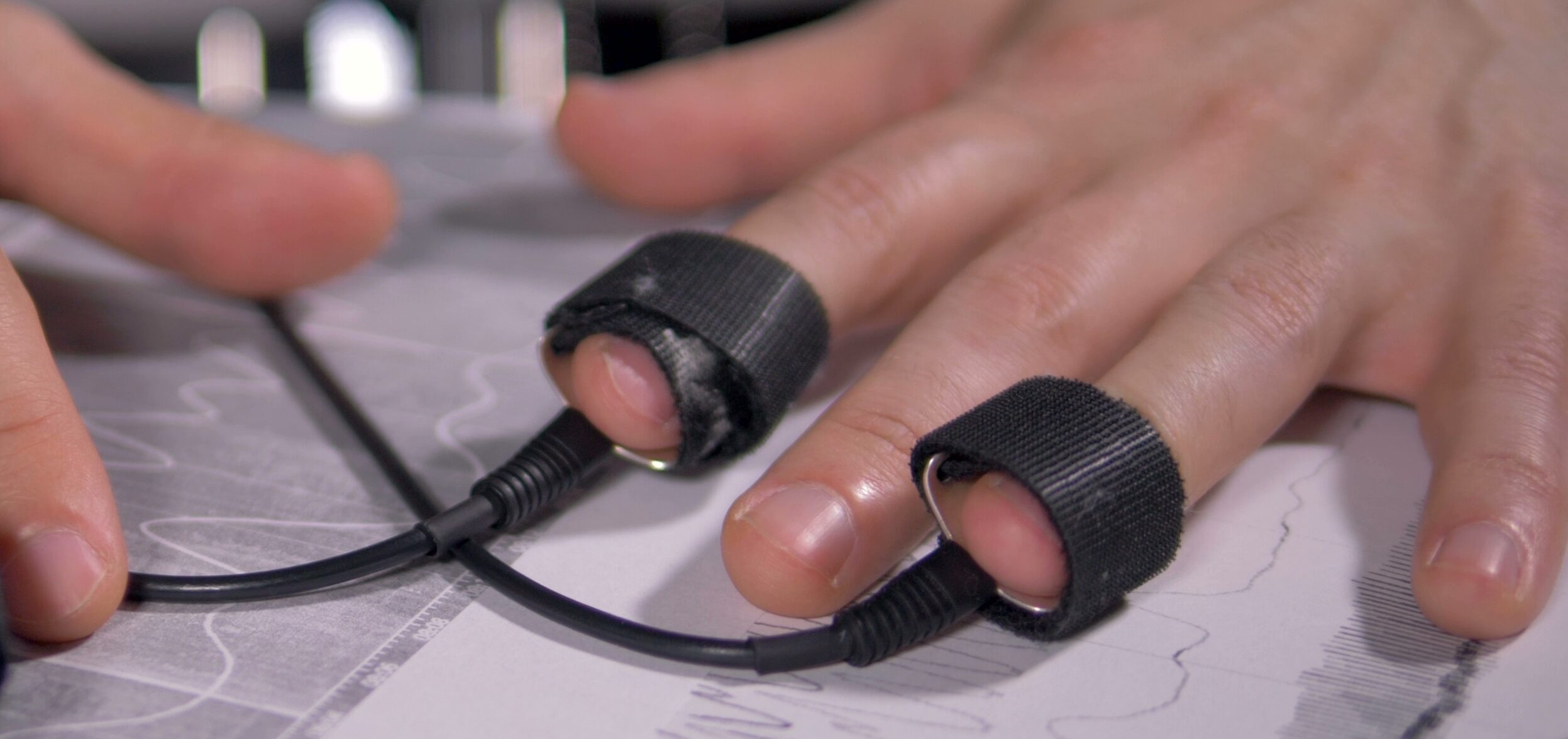I’ve only recently begun to follow Making a Murderer, the very popular Netflix docuseries. Let me state at the outset that I have no opinion on the case it examines. But I recently came upon an article about Brendan Dassey’s lawyer that promotes a common misconception about body language.
The article about Dassey’s lawyer, Laura Nirider, states:
More specifically, she claimed that the department failed to read Dassey’s body language correctly. Children, she explained, are more likely to slouch and avoid eye contact in stressful situations, but it doesn’t necessarily mean that they’re lying. Looking at the videos and screenshots of the interrogation, it’s plain to see that Dassey’s body language perfectly matches her description. That behavior allegedly supported the assumption that Dassey was lying when he claimed to have no part in the murder of Teresa Halbach.
According to Nirider, this may be an accurate association if Dassey was a fully-developed adult.
Actually, it might not be an accurate association even if Dassey had been a fully-developed adult.
If there were one thing I most wanted people to understand about body language it would be this: there is NO body language signal that tells you somebody is lying. A whole industry has developed around people claiming to teach you how to become human lie detectors, and many of these “teachers” are making claims that are just hogwash.
The vast majority of the body language thought to signal lying actually signals stress. And this is true whether a person is a child or adult. The job of the observer is to try to determine the cause of this stress. Which is done through old the fashioned techniques of asking questions and following up on the facts.
Don’t get me wrong. There can be tremendous value in studying the body language of deceit. I just want people to understand that body language is not, and cannot, be a “magic bullet” that tells you when somebody is lying.
The real reasons to understand the nonverbal cues associated with lying are to let you know when it’s time to dig deeper for more information or start looking for verification of the facts, and to let you know what behaviors to avoid. While the cues described above, the slouch and avoidance of eye contact, do not directly mean dishonesty, it is true that most people THINK they do. Your relationships will be much stronger, and the impression you make will be much more positive, if you avoid these things and instead practice body language that signals confidence and openness.


